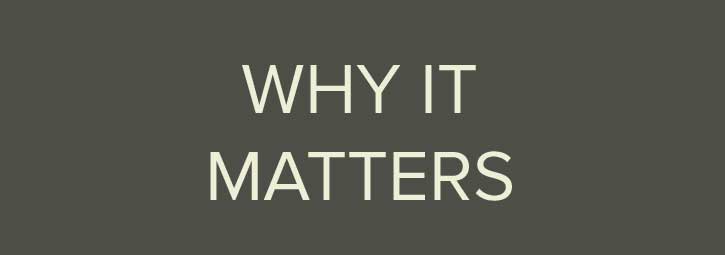My husband died in 1995 at the age of 54 after an 18 month battle with Lou Gehrig’s disease. While he mourned the gradual loss of his physical abilities over that time period, he also faced death with a sense of adventure and curiosity. A physics and philosophy major, patent lawyer and college professor, he was a partner with his doctors in trying to unravel the mysteries of his disease. He also prepared for his death by pulling together all of the threads of his life that had meaning – collecting his writings into a self published book for his friends and family , mending relationships, reaching out to old friends. And he focused on the practical aspects of facing death – putting his/our financial affairs in order, making wise decisions about end of life care (no feeding tube or ventilator), and even making funeral arrangements. What might have seemed morbid at the time actually brought us closer together and more than occasionally gave rise to love and laughter. There is something about sitting together in a funeral parlor looking at caskets and urns and making choices that had moments of high comedy. I made my funeral arrangements at the same time – opting for cremation in “the alternative minimum container – i.e. a cardboard box” which might have felt like a “cheap decision” if my children had made it after my death. Making all of these choices together brought us closer and gave a real sense of closure to his life. The gift to me of his death was to face my greatest fear which was of losing him and come through the other side. As a result, I lost my fear of dying and learned amazing lessons about how to live, lessons that have been tremendously valuable as I recently faced my own challenges with a cancer diagnosis. All of this is to say that having open, loving conversations about the end of life can be enormously healing and provide powerful life learning lessons. Since my husband’s death I have been looking for others who understand and believe in the value of exploring end of life issues more intentionally and transparently and applaud the work you have started with Engage with Grace. As we baby boomers age, I think there is an opportunity to help redefine the end of life in the same way that our generation helped to redefine the birth experience in the late 1950’s and 1960’s. Thank you for your important work.
-Marion, 11/29/2008




